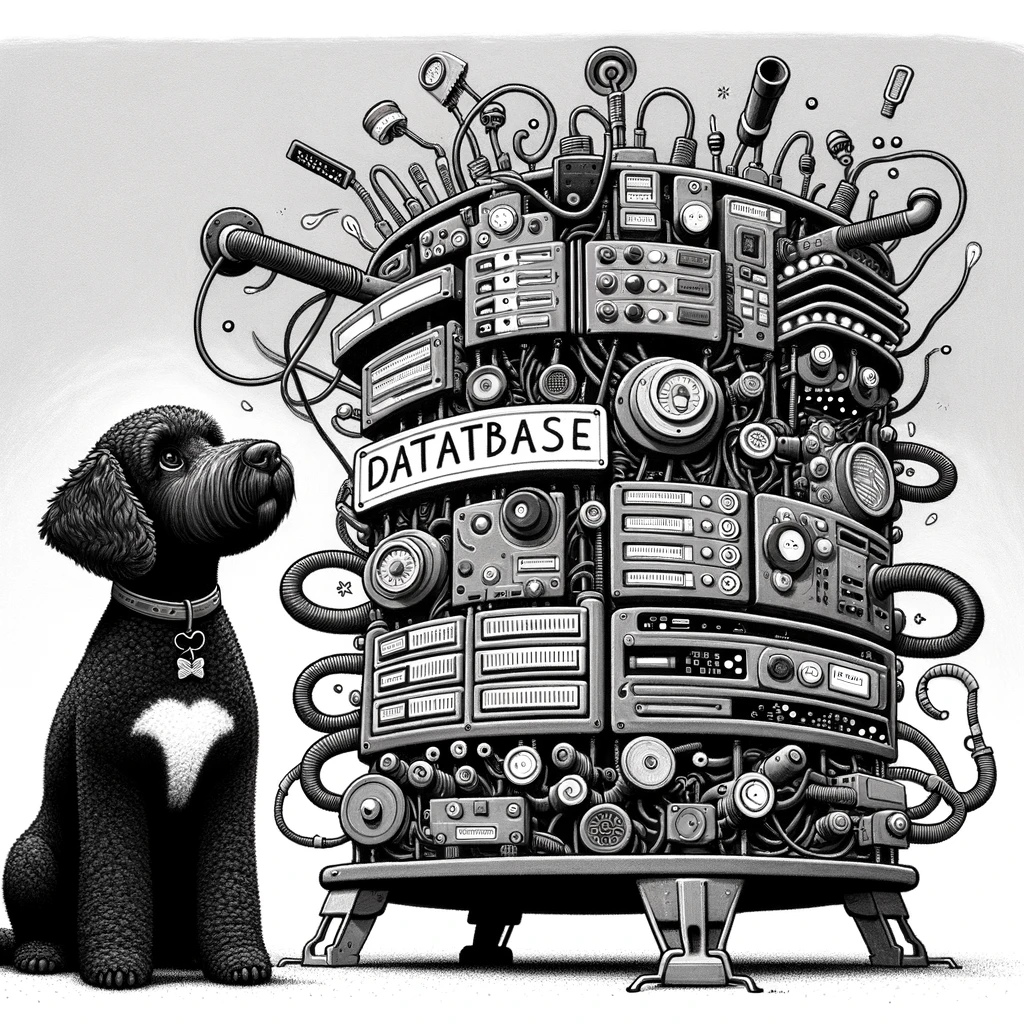Understanding MySQL in WordPress
MySQL is the foundation that supports WordPress’s database-driven architecture, proving essential for data organization and retrieval.
Role and Importance of MySQL in WordPress
WordPress relies on MySQL, a relational database management system (RDBMS), to manage and store all site content and information. MySQL enables WordPress to store data in database tables, categorizing it for efficient retrieval and manipulation using Structured Query Language (SQL). The wp-config.php file is pivotal as it contains MySQL settings that define the connection between WordPress and its database.
WordPress Database Structure
Within the WordPress database, distinct database tables store specific types of data. For example:
wp_posts: Contains all the posts, pages, and custom post types.wp_users: Stores data about users on the site.wp_options: Manages WordPress settings and configurations.wp_comments: Holds comments left on posts and pages.wp_postmetaandwp_usermeta: Handle metadata for posts and users, respectively.
Each table has a unique role, contributing to the overall function and performance of a WordPress site.
Interacting with MySQL via phpMyAdmin
phpMyAdmin is a tool used to manage MySQL databases through a web interface. It allows users to perform actions such as:
- Editing: Changing content within the database tables.
- Backup and Restore: Generating full backups of the WordPress database and restoring from them.
- SQL Queries: Directly executing SQL commands for complex tasks.
It’s a powerful interface through which users can interact with the WordPress database, without needing expertise in SQL.
Managing Content and Users
MySQL plays a crucial role in WordPress for the organization and retrieval of content and user information. This section will focus on how WordPress utilizes MySQL to manage posts, pages, user accounts, and related metadata in a user-friendly manner.
WordPress Posts and Pages
WordPress stores all content for posts and pages within MySQL databases. Each post and page is assigned a unique ID, facilitating efficient data management. Content is easily retrieved and displayed on the website as needed. Custom fields and metadata associated with posts and pages allow for further customization and detail, enhancing the user experience.
Handling Users and User Metadata
The integrity of user accounts is maintained by WordPress through dedicated MySQL tables. This includes user data such as usernames, passwords, and email addresses. User metadata encompasses additional information tied to each account, which can range from user roles to preferences. Ensuring secure and efficient management of user details is paramount for a robust WordPress site.
Customizing Data with Metadata and Taxonomies
Metadata and taxonomies like categories and tags are quintessential for organizing content beyond basic posts and pages. Metadata provides additional information about the content, such as which user created it and when. Taxonomies facilitate the sortation of content into groups, making it more accessible and discoverable for users. These capabilities make WordPress a versatile and powerful tool for content management.
Optimization and Security
Within the realms of WordPress, the MySQL database stands as a cornerstone that demands diligent optimization and robust security measures. Both of these aspects are crucial, not only for ensuring the smooth operation of a website but also for protecting sensitive data from unauthorized access. They focus on enhancing the database’s performance while safeguarding it against threats.
Securing MySQL Database Access
Database security is paramount. One starts by implementing strong passwords and updating them regularly to protect against unauthorized access. It’s also recommended to change the default database prefix to something unique, making it harder for attackers to guess table names. Regular backups should be taken and stored securely to prevent data loss. Additionally, user privileges should be restricted; users should only have the permissions they need for their role. Tools such as two-factor authentication can add an extra layer of security, particularly for administrative accesses that may also necessitate an associated email address for recovery purposes.
Performance Optimization and Caching
Performance optimization involves fine-tuning settings and the deployment of caching plugins. Server-side caching can reduce the load times by storing frequently accessed data, thus limiting the number of database calls. Page-level caching and browser caching further improve user experience by storing static page elements. Moreover, plugins can assist with the minification of CSS, HTML, and JavaScript, reducing file size and facilitating faster page load times. Optimizing database tables through commands like OPTIMIZE TABLE reorganizes the physical storage of table data and reduces file fragmentation which enhances query performance. It is essential to periodically review and adjust these settings as the site grows and its traffic patterns change.












